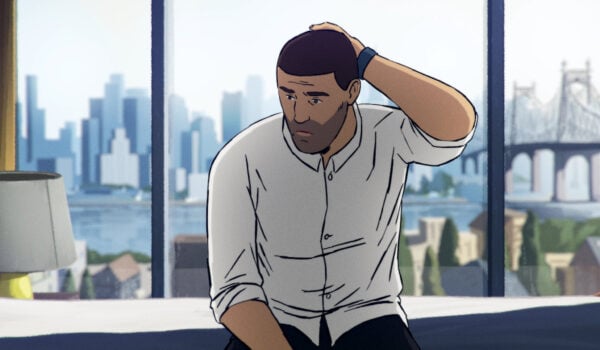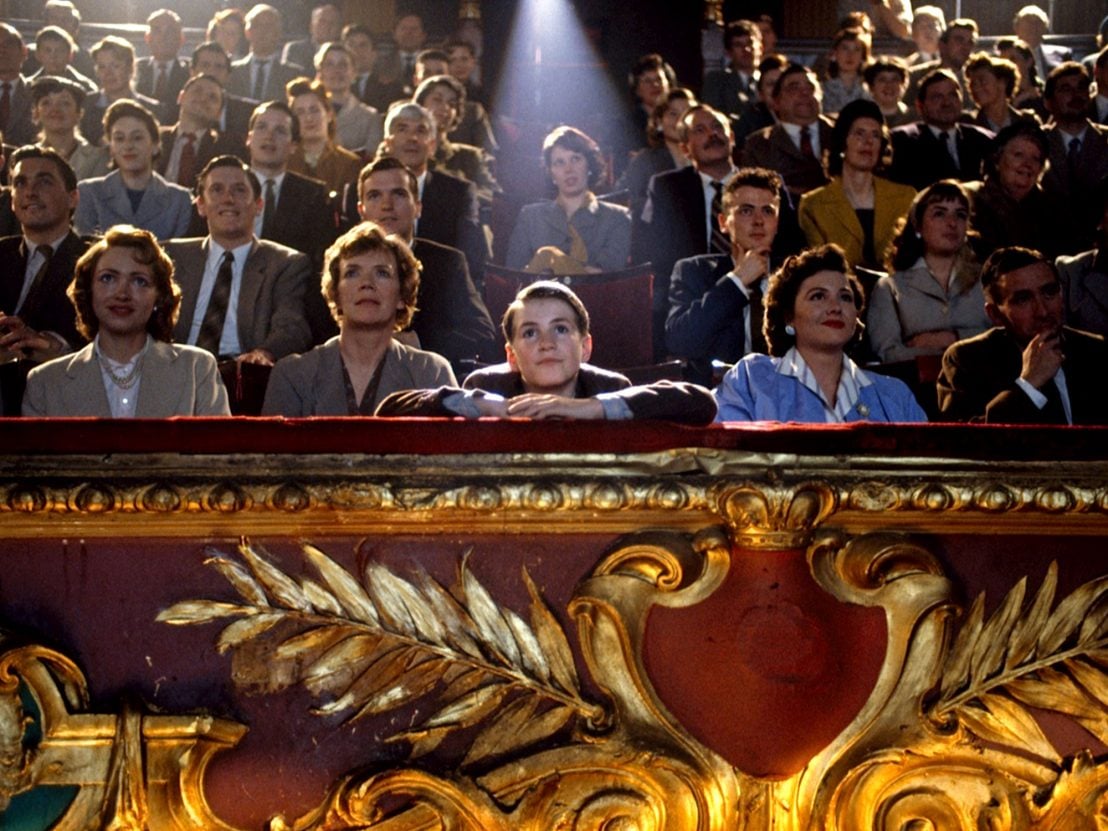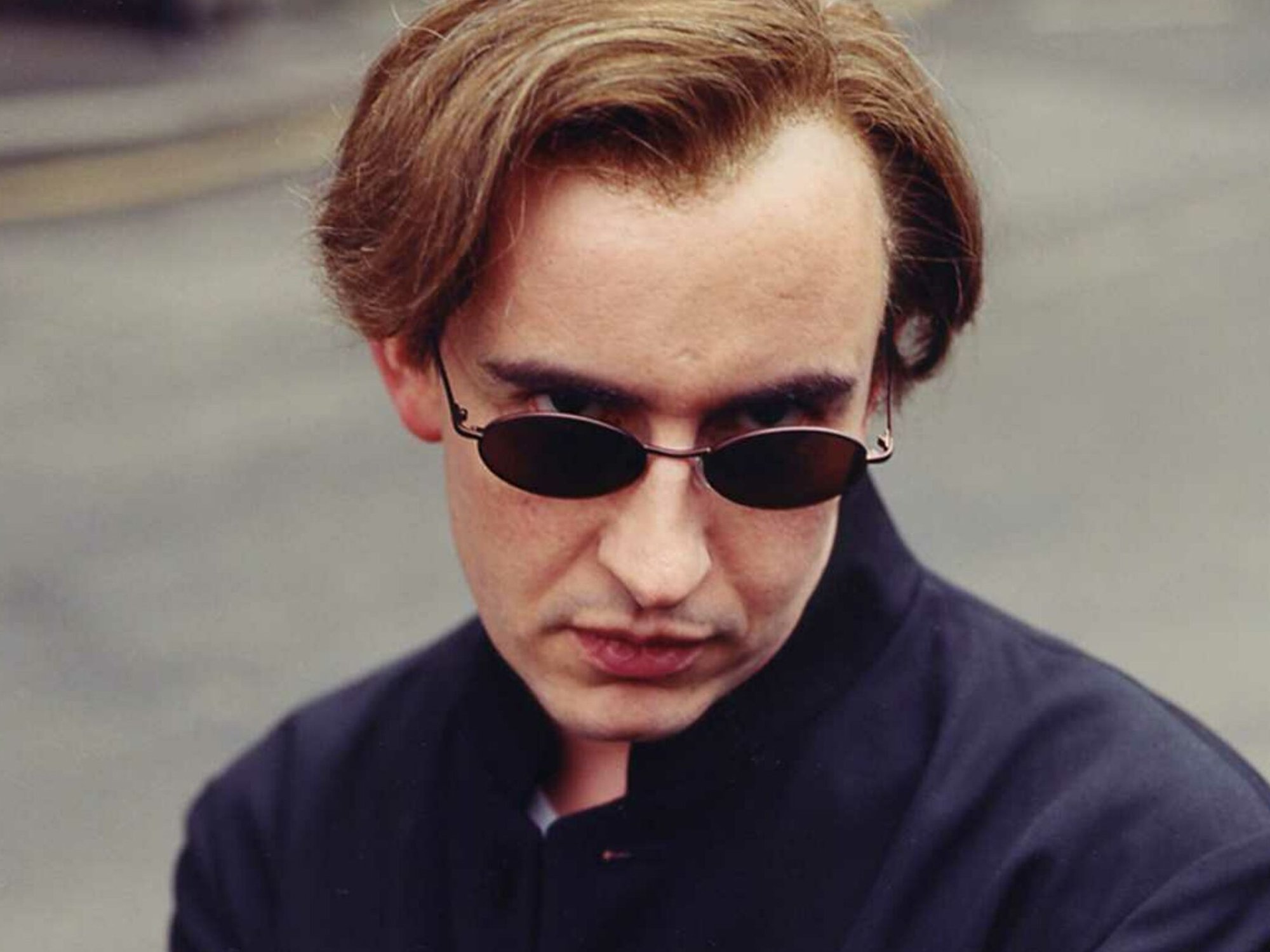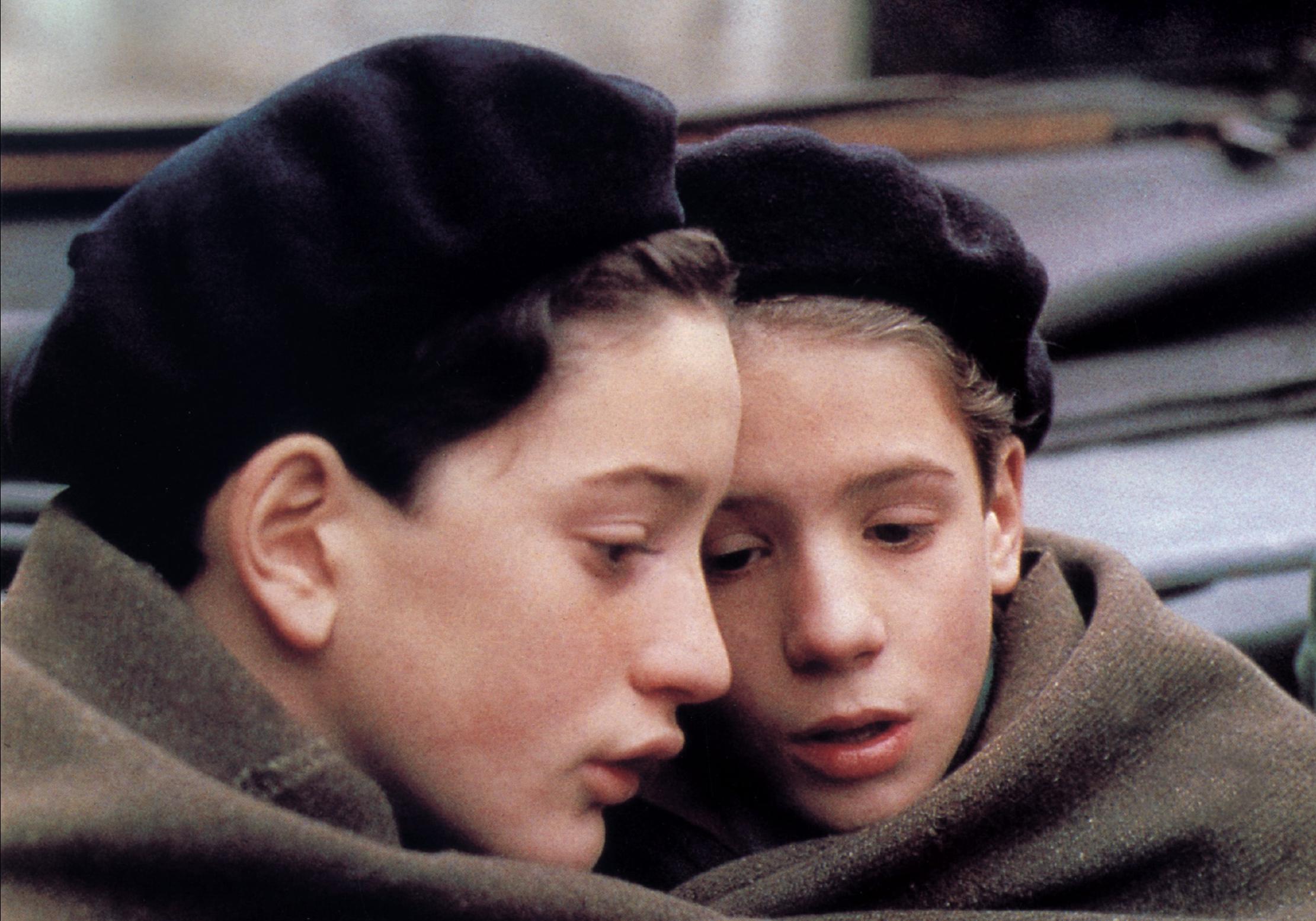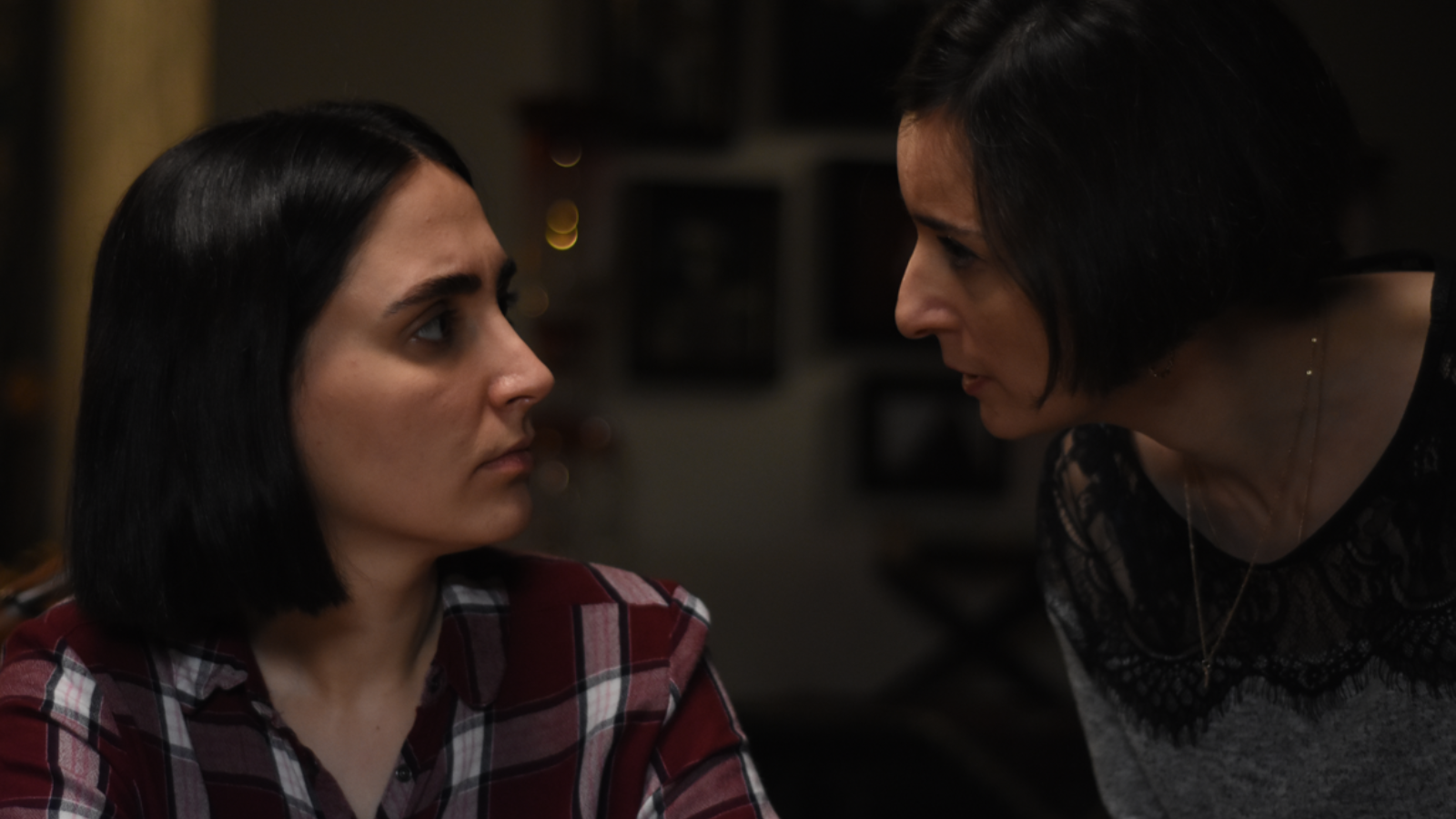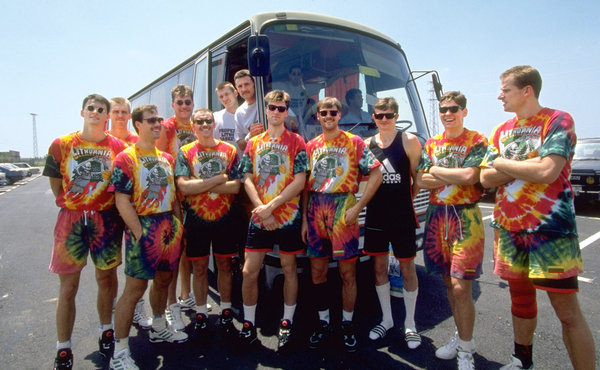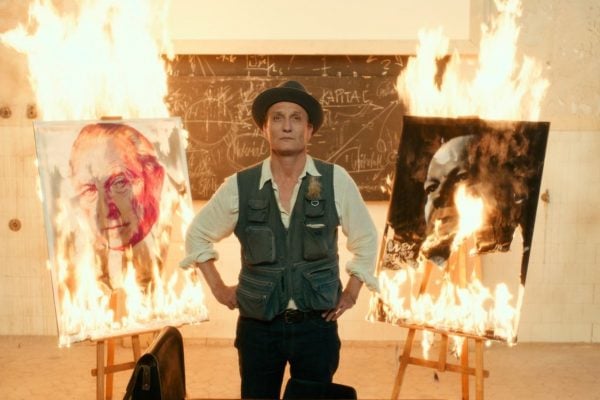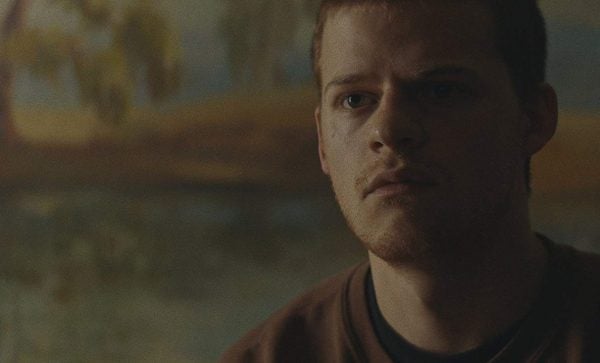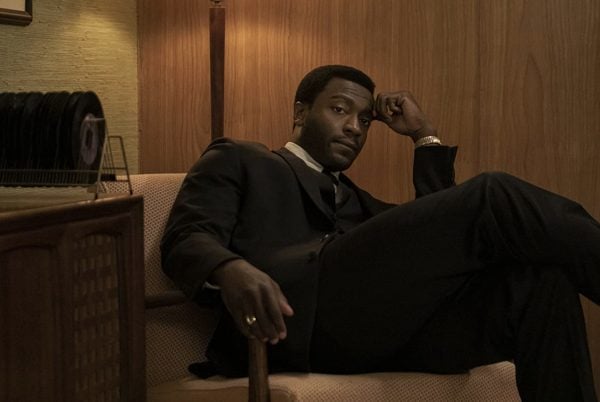
90 Best Movies Based on True Stories
March 17, 2025
Share:
Every now and then, a movie will come up with such incredible feats and unimaginable plot twists, you’ll swear it couldn’t be more unrealistic. Only in the movies, you think, can two murderers be spared for their vaudeville act or a person’s memory be reset each day. But just before the credits roll, a notice flashes onscreen: the events you just saw, outrageous as they may seem, were based on a true story.
Sometimes, the announcement doesn’t even make it in the film and you find out, mouth agape, after the fact. Other times, you come in knowing that this is all true—it’s a biopic after all, or a docudrama—but you leave in fervent disbelief that any of this transpired in real life. Whatever the case may be, it’s undeniable that it takes a special kind of skill to make a movie out of actual events. So below, we’ve gathered the best movies you can watch right now that have their roots in reality.
Read also:
31. Flee (2021)
Genres
Director
Actors
Moods
When Amin sits down for a tell-all interview about his troubling past, his memories come to life in vivid animation. Sometimes they are sweet and intimate, like when he recounts his time as a playful boy in a much freer Afghanistan. But often, they’re marred by the unbelievable horrors of refugee life. Now a successful academic and soon-to-be husband, Amin discovers the inescapability of his status and identity, the reality of which continues to threaten his safety to this day.
Relevant and vital, Flee sheds some much-needed light on an often-overlooked phenomenon. More than just displaying factoids and numbers, it relays the specific unease and constant vigilance that comes with fleeing one’s home. But as Amin’s story, it is also richly detailed and wonderfully personal; for all its harsh exposés, the film leaves enough room for Amin’s stirring realizations about love, identity, and sexuality.
32. The Long Day Closes (1992)
Genres
Director
Actors
Moods
This poetic memoir by the late director Terence Davies opens with a tracking shot that takes us down a rainy, dilapidated Liverpool street, finally settling on the wet staircase of a roofless house as three audio tracks morph into one another: a Nat King Cole song, dialogue from a movie, and, finally, a boy calling for his mother. Just as we hear the latter, the shot of the exposed staircase dissolves, taking us into the past to reveal the owner of the voice sitting in the same spot — only now, the stairs are dry, the roof restored.
The scene perfectly encapsulates the film: it’s a dreamlike pool of sensory recollections from that lonely boy’s childhood, assembled according to the strange logic of memory. Music and movie dialogue echo across the film as we watch snapshots from Bud’s (Leigh McCormack, playing a proxy of Davies) early years. Though most of the memories radiate warmth — Christmases with family, euphoric cinema trips — a note of melancholy tinges these blissful recollections. Callously cruel schoolmates, desperate church prayers, and instantly rueful stolen glances jar against the nostalgia and let us know that something dark is coming. Intensely, painfully intimate, this is one of the best and most unbearably sad evocations of memory in cinema.
33. 24 Hour Party People (2002)
Genres
Director
Actors
Moods
Here’s a biopic that focuses on capturing the feel of the era it depicts, rather than all the facts — and is all the better for it. 24 Hour Party People takes the same punk approach to storytelling as its subjects did to music, playfully throwing off the dull constraints that often make based-on-a-true-story movies feel like uninspired celluloid translations of a Wikipedia page.
In the film’s opening scene, Steve Coogan’s Tony Wilson breaks the fourth wall to address us directly and semi-spoil the movie’s ending. But it doesn’t matter, because the ride is so fun: we’re taken on an immersive trip through the heyday of the Manchester music scene: the births of Joy Division, New Order, the Happy Mondays, and Wilson’s Factory Records label and legendary Hacienda nightclub, an incubator for acid house and rave culture. The era’s hedonism is brought to life by the movie’s frenetic editing, documentary-style cinematography, and strobe-heavy visuals. For all its onscreen anarchy, though, the movie remarkably never feels loose or self-indulgent. Its irreverence is grounded by the ironic filter of the meta filmmaking, which frequently breaks the fourth wall to draw attention to its own conceits. A refreshing rejection of biopic tropes, but also a thrilling transportation into and evocation of the Madchester era.
34. Au Revoir les Enfants (1987)
Genres
Director
Actors
Moods
There are moments in our childhood that we deeply regret, even if we didn’t know better, even if innocence can excuse us, and even if we weren’t the ones primarily responsible for the mistake. The memory of it can be haunting, but none has been as devastating as the memory depicted in Louis Malle’s semi-autobiographical period drama Au Revoir les Enfants. Malle brings us to the boarding school rhythms with ease, straightforwardly depicting it as is, but with the camera and the sequencing recognizant of the implications. With the natural dynamic between the unthinking Julien (Malle’s younger self) and the alert and afraid Jean formed through subtle moments, Au Revoir les Enfants culminates into the heartbreaking coming-of-age moment that Malle personally lived through in World War II.
35. The Seed of the Sacred Fig (2024)
Genres
Director
Actors
Moods
The Seed of the Sacred Fig bravely takes on the increasingly violent patriarchy and theocracy in modern-day Iran. It follows a family of four—Iman, Najmeh (Soheila Golestani), Rezvan (Mahsa Rostami), and Sana (Setareh Maleki)—and reveals how the political can creep into the personal. Iman, the father, has just been promoted at work (he’s one step closer to being a judge), while his two daughters are budding revolutionaries. The educated girls see through the lies of state television and challenge their conservative parents’ ideas on government and religion. It sounds straightforward, but director Mohammad Rasoulof lets everything unfold subtly and sharply. By the second half, the film transforms into a slow-burn thriller as the family home becomes a microcosm of Iran itself. It’s a brave film helmed by even braver people. Rasoulof and his cast, who filmed in secret to avoid the film ban in Iran, had to escape to Europe after they were interrogated and sentenced in their home country. The Seed of the Sacred Fig can’t encapsulate the entirety of Iran’s troubles, nor does it try, but it’s a good place to start.
36. The Other Dream Team (2012)
Genres
Director
Actors
Moods
Another fantastic documentary from 2012, this one tells the remarkable story of the 1992 Lithuanian Olympic Men’s Basketball team that received scant attention in the shadow of the renowned U.S. “Dream Team” of NBA superstars (Michael Jordan, Magic Johnson, etc.). The Lithuanians’ story is all the more fascinating in that it comes immediately on the heels of their country’s freedom from Communist rule. With little hope of participating in the Barcelona games, they received the most unlikely last-minute assistance from the Grateful Dead, of all sources. A really great true-life story, told with an exuberance and a verve not often expected from non-fiction filmmaking. I challenge anyone watch this one and walk away uninspired.
37. Eddie the Eagle (2016)
Genres
Director
Actors
Moods
Michael “Eddie” Edwards (Taron Egerton) was a man with big glasses and even bigger dreams. As a physically disabled child-turned-oddly determined young adult, he tried his hands at all kinds of sports to earn himself a place in United Kingdom’s Team, only to be shunned and rejected more times than one can count. While his coming home a hero can easily be attributed to Great Britain’s lack of a ski jumper representative to the 1988 Calgary Winter Olympics, the world has Eddie’s perseverance and never-say-die attitude to thank. A story about conquering greater heights and just taking flight, Eddie the Eagle shows the world how winning doesn’t always mean taking home the crown.
38. Never Look Away (2018)
Genres
Director
Actors
Moods
It’s impossible to describe this incredible movie as one thing or the other. It’s an epic three-hour saga that takes you through the Nazi era, the communist era, the rise of capitalism, and the East and West German divide. But more than its historic value, it’s a coming-of-age story, one that is based on the experiences of famed German artist Gerhard Richter. It’s also a romance, following his experiences finding love and being hit with loss (in no particular order). If you liked the director’s other work, the Oscar-winning The Lives of Others, you’re sure to love this too.
39. Honey Boy (2019)
Genres
Director
Actors
Moods
There is so much power to this story based actor Shia Laboeuf’s life. As a kid, he lived with his father on the road during the filming of Even Stevens and other star-making roles. His dad was a war veteran who goes to bikers’ AA meetings and who had a brief acting career himself. He was full of anger that made Laboeuf later suffer from PTSD, but which he was able to perceive in a fascinating way.
Putting Laboeuf’s fame aside, this is an incredible movie on emotionally abusive parent-child relationships. It’s a universal story. With Shia Laboeuf as his father and Lucas Hedges as current-day Laboeuf.
40. One Night in Miami (2020)
Genres
Director
Actors
Moods
This stagelike historical drama is about a meeting between Malcolm X, Jim Brown, Sam Cooke, and Muhammad Ali, the night Ali became world champion and announced he became Muslim.
And here is the thing: Malcolm X and Muhammed Ali have been portrayed many times in film, but never with this much nuance. Their relationship with each other is often frictional and their relationship to their faith is recognizable: they’re not always sure about it, and they take breaks.
Ali smuggles alcohol without Malcolm knowing, Malcolm is accused of being obsessed with celebrity (and later of colorism), Jim Brown is insecure about being an actor, and Sam Cooke wishes he wrote a Bob Dylan song.
Comments
Add a comment
Ready to cut the cord?
Here are the 12 cheapest Live TV streaming services for cord-cutting.
More lists
Lists on how to save money by cutting the cord.
Curated by humans, not algorithms.
© 2025 A Good Movie to Watch. Altona Studio, LLC, all rights reserved.
